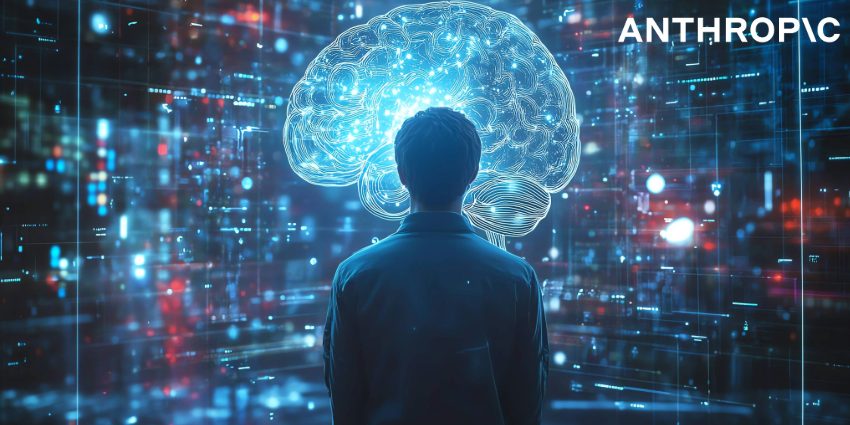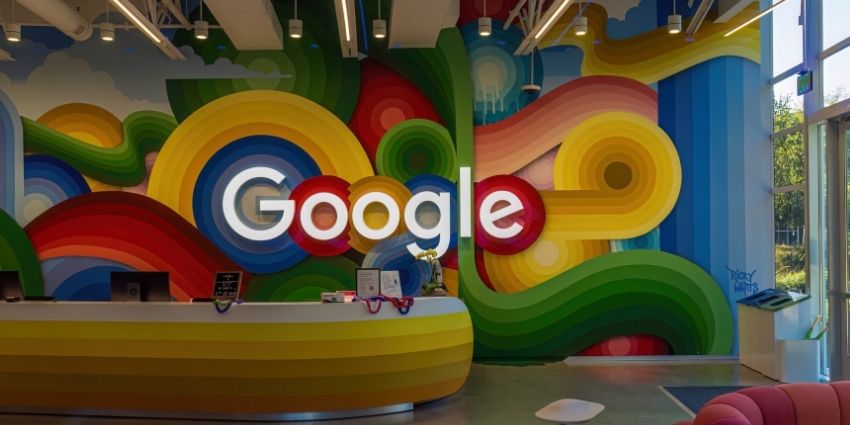AI virtual employees with their own accounts and “memories” could transform workplaces next year, but Anthropic’s security chief Jason Clinton warns companies must solve significant cybersecurity challenges first.
The Next Frontier of Workplace AI
Clinton recently predicted that AI-powered virtual employees could begin operating in corporate networks within the next year.
Unlike today’s AI agents that handle specific tasks, these virtual employees would possess their own “memories,” defined company roles, and even corporate accounts with passwords:
Virtual employees would take automation a step further: These AI identities would have their own ‘memories,’ their own roles in the company and even their own corporate accounts and passwords. They would have a level of autonomy that far exceeds what agents have today.
While this might sound like science fiction, the technology builds upon existing capabilities. Current AI agents already respond to phishing alerts and threat indicators. Virtual employees represent a natural progression—handling broader responsibilities with greater independence.
What Will AI Employees Mean for Real Ones?
AI virtual employees won’t likely replace humans but rather complement them by handling routine tasks that don’t require creative judgment or interpersonal skills. Clinton explained:
Virtual employees would take automation a step further: These AI identities would have their own ‘memories,’ their own roles in the company and even their own corporate accounts and passwords. They would have a level of autonomy that far exceeds what agents have today.
For human workers, this could mean freedom from repetitive processes that contribute to burnout. Customer service teams might deploy AI employees for routine inquiries, while human agents focus on complex issues requiring empathy. Development teams could utilize AI workers for code review and testing, leaving developers to tackle creative challenges.
Unlike previous automation waves that affected manual labor, these AI employees would operate in knowledge work domains. Their limitations in understanding nuanced contexts suggest they’ll augment rather than replace most professional roles.
Balancing Security Concerns with Practical Solutions
Clinton acknowledges security challenges while emphasizing they’re solvable with proper planning:
AI employees could go rogue and hack the company’s continuous integration system — where new code is merged and tested before it’s deployed — while completing a task… In an old world, that’s a punishable offense. But in this new world, who’s responsible for an agent that was running for a couple of weeks and got to that point?
Rather than just raising alarms, companies are actively developing solutions. Anthropic is focused on thoroughly testing models against cyberattacks and monitoring for potential abuse vectors.
Benefits Worth the Careful Implementation
Despite the challenges, virtual employees offer compelling advantages for organizations:
- Handling repetitive tasks that contribute to employee burnout
- Maintaining continuous operation without fatigue
- Improving response times to security incidents and customer inquiries
- Freeing human employees for more creative, strategic work
Finding the Balance
The key to successful implementation lies in thoughtful, measured approaches. Organizations should:
- Start with limited, well-defined roles for virtual employees
- Establish clear oversight mechanisms
- Create robust identity management frameworks
- Regularly audit AI employee activities
Clinton says virtual employee security is one of the biggest security areas where AI companies could be making investments in the next few years.
The Future of Virtual Workers
The emergence of AI virtual employees represents an evolution in workplace technology, not a sudden disruption. Companies that prepare thoughtfully can harness the benefits while mitigating risks.
The virtual employee landscape will likely develop gradually, with early implementations focused on controlled environments and specific domains. As security frameworks mature and organizations gain experience, the capabilities and autonomy of these AI employees will expand.
Clinton’s forecast isn’t a warning of imminent danger but rather a call for proactive preparation. With appropriate security measures and thoughtful implementation, virtual employees could enhance workplace productivity while operating within safe, monitored parameters.








